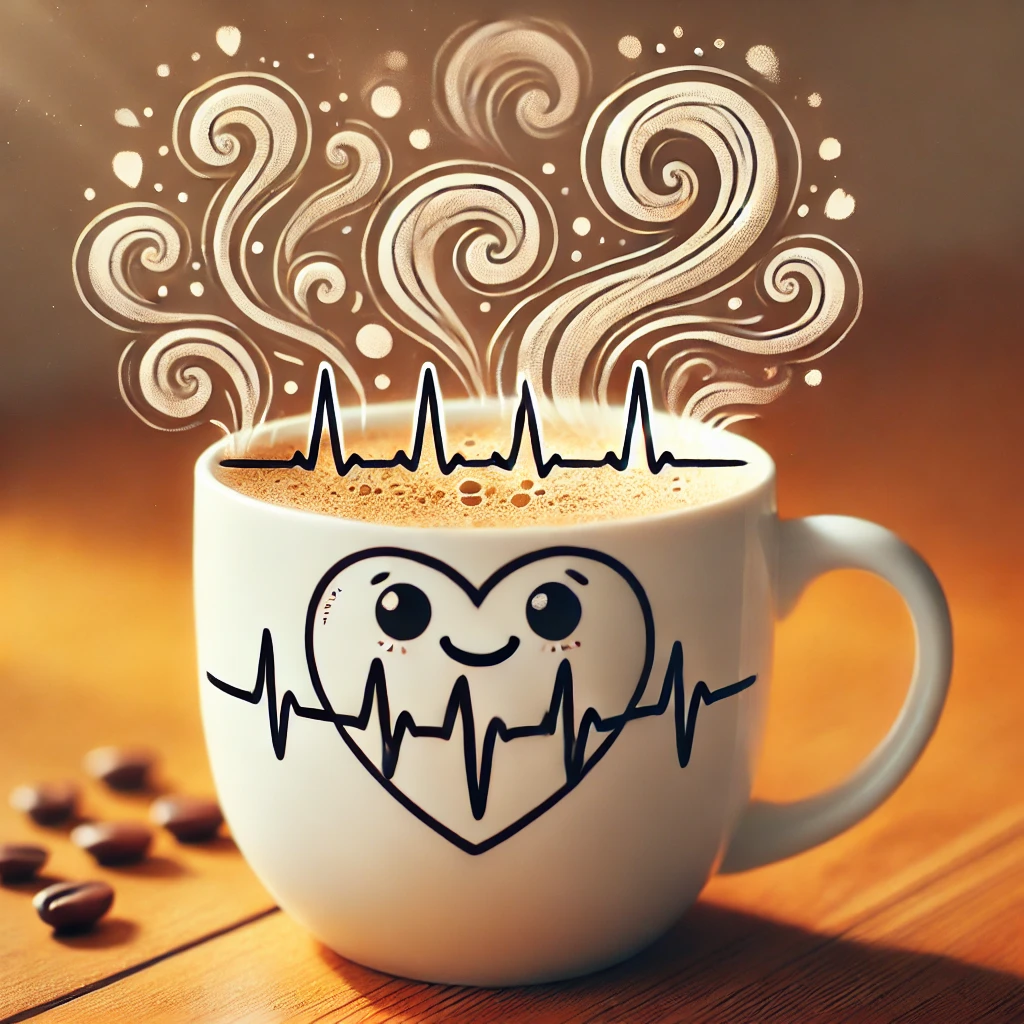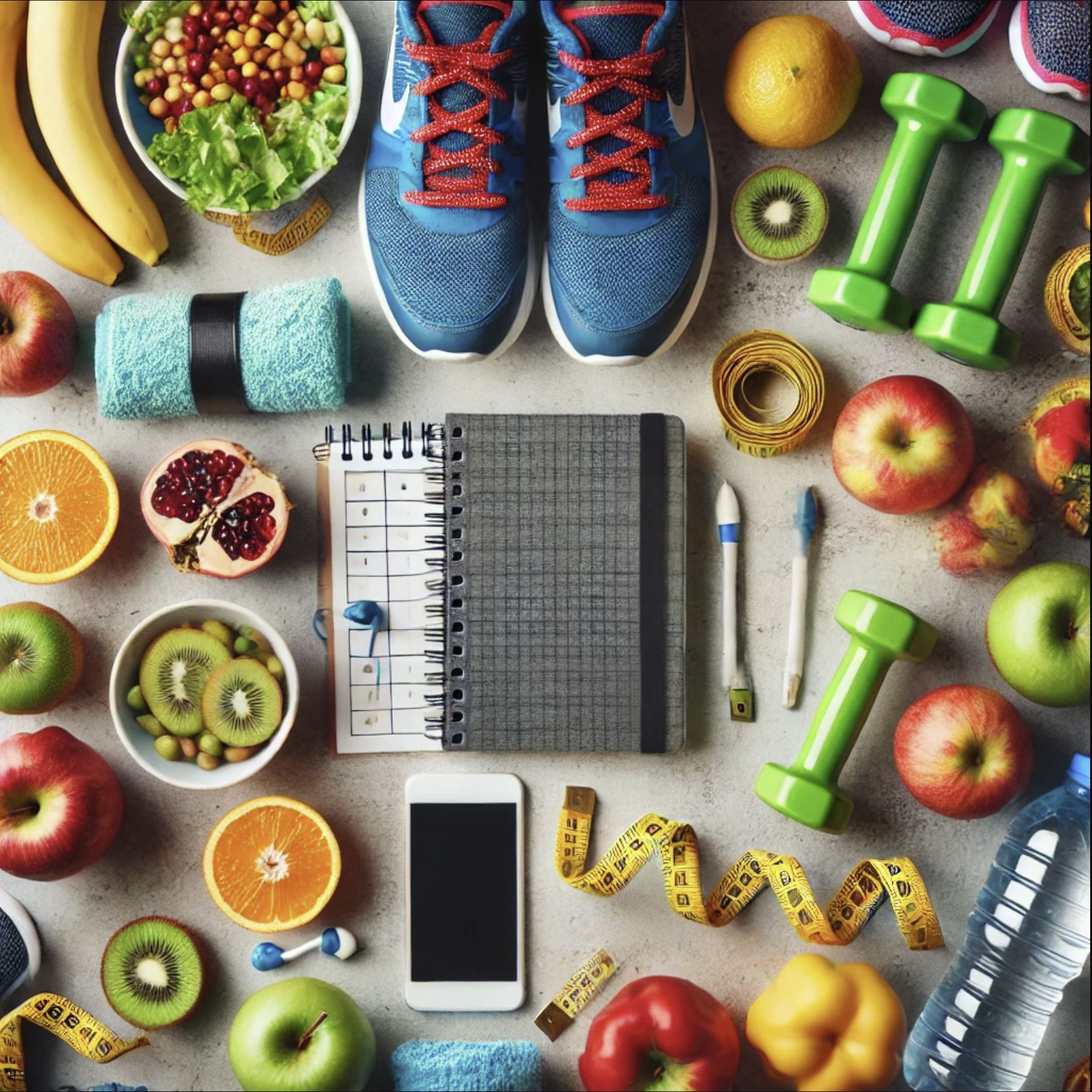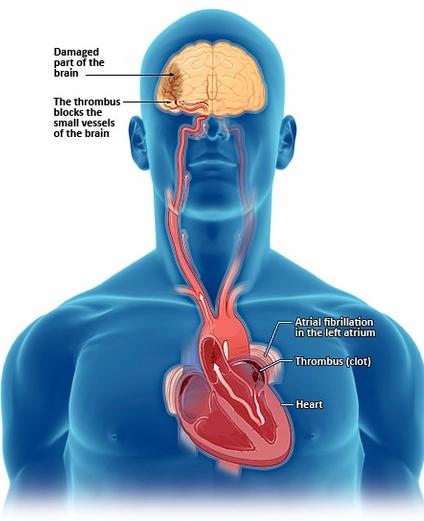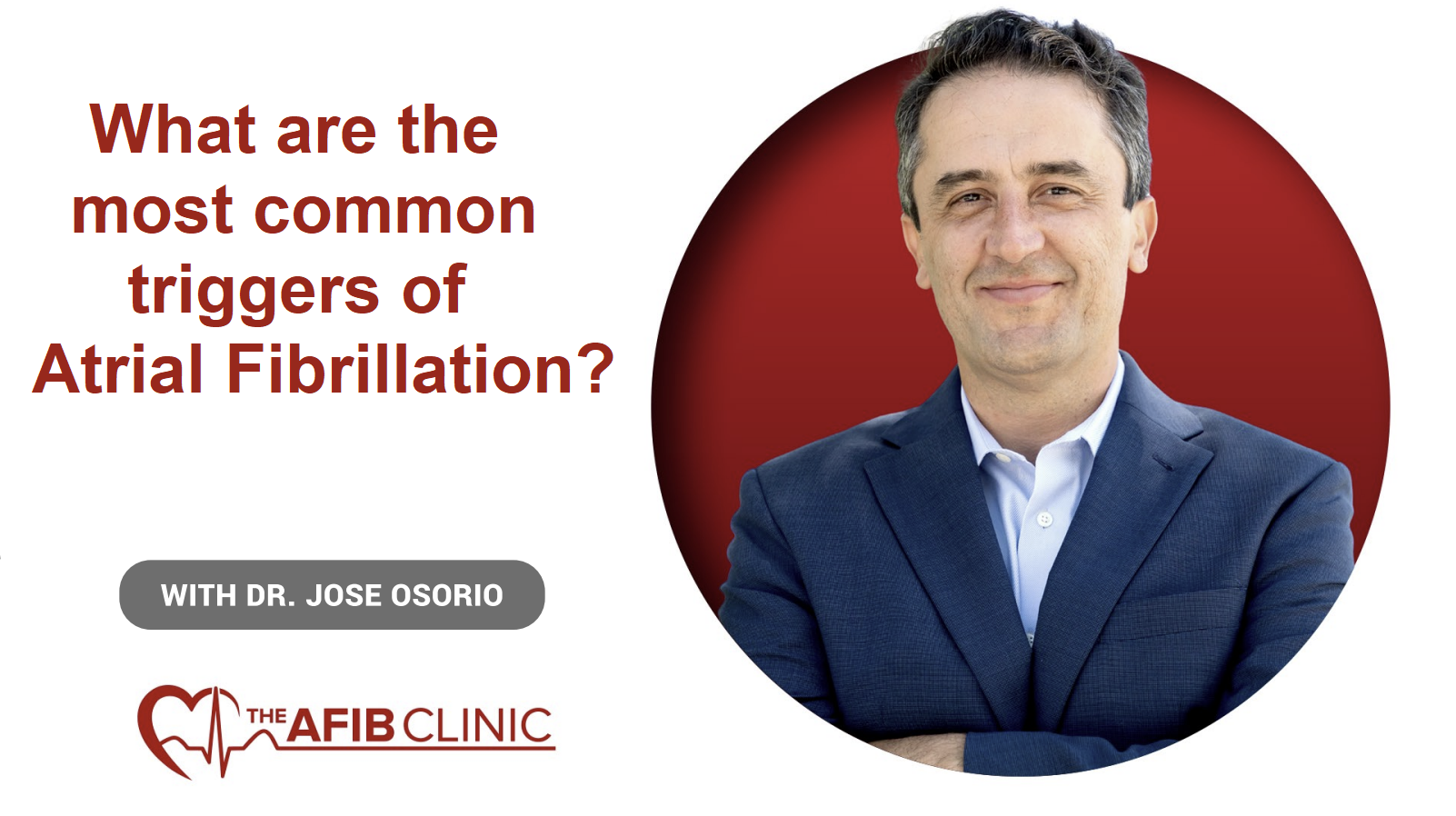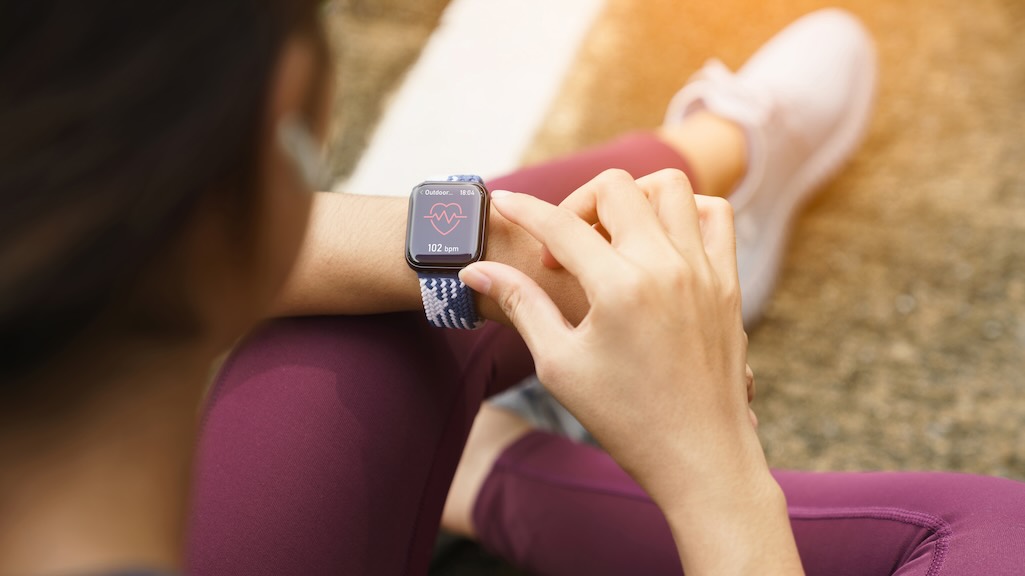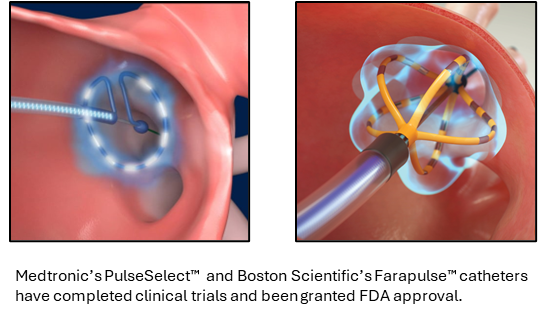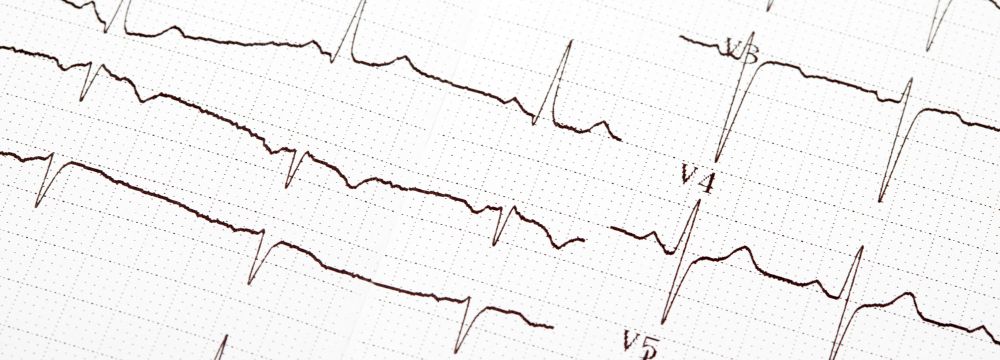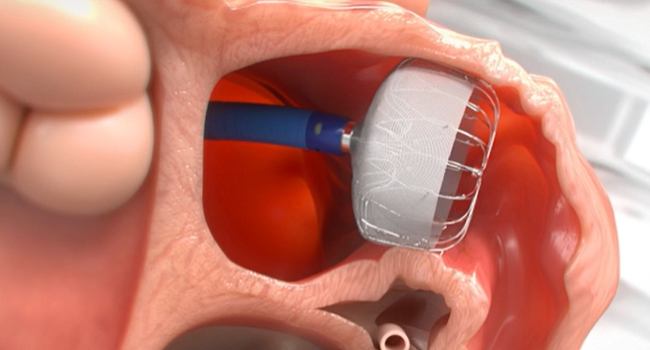Atrial Fibrillation
Are Energy Drinks a Trigger for Atrial Fibrillation (AFib)?
Energy drinks have been around for decades, claiming to boost energy and performance. With sales surpassing tens of billions of dollars, these drinks have become a staple in many people’s lives. Energy drinks contain various ingredients like caffeine, sugar, and artificial sweeteners, each marketed as the secret to boosting energy levels. However, while these drinks can provide a temporary jolt of energy, many wonder if they might also contribute to atrial fibrillation (Afib), a common heart rhythm disorder.
Let’s break down some of the most common ingredients in energy drinks and their potential effects on AFib, along with the best practices for heart health.
Energy drinks come in many forms and advertise various ingredients as the key to their effectiveness, whether sugar, caffeine, taurine, or other compounds; each seems to have an angle. Today, some energy drinks are marketed as healthy, even claiming to promote net calorie burn and possible associated weight loss benefits. Let’s jump into some of the most common ingredients in energy drinks and whether they trigger
Caffeine and AFib
Caffeine is one of the most well-known stimulants in energy drinks. According to research, moderate caffeine intake (up to 4-5 cups of coffee a day) does not cause atrial fibrillation. However, consuming energy drinks with high doses of caffeine rapidly may overstimulate the heart and could potentially trigger heart rhythm issues like AFib. More research is needed to confirm the direct impact of excessive caffeine on AFib, but caution is advised when consuming these drinks in large quantities.
Sugar and AFib
Energy drinks often contain high levels of sugar, which can have long-term effects on heart health. A recent 2024 study found that consuming more than 2 liters of sugar-sweetened beverages per week increased the risk of developing atrial fibrillation by 10%. High sugar intake leads to obesity and type 2 diabetes, both of which are risk factors for AFib.
If you’re interested in learning more about managing AFib, check out our page on AFib Treatment Options.
Artificial Sweeteners and AFib
Interestingly, the same 2024 study mentioned above found that drinks containing artificial sweeteners increased the risk of AFib by 20%, even more than sugar-sweetened beverages. The exact reason for this is unclear, but it is believed that the excessive consumption of these sweeteners could alter the body’s response to sugar and lead to metabolic issues, which in turn can increase the risk of heart rhythm disorders like AFib.
Fruit Juice and AFib
While some fruit juices are high in sugar, certain juices may have heart-protective benefits. For example, beet juice and carrot juice are known to help lower blood pressure and may reduce the risk of AFib. However, it’s essential to consume juices that retain their fiber content, as fiber plays a key role in heart health.
Hydration and AFib
Staying hydrated is crucial for heart health, but energy drinks may not be the best way to stay hydrated due to their high caffeine, sugar, and additive content. Instead, opt for water or water infused with fruit or vegetables, which can hydrate the body without adding unnecessary calories and sugars.
Obesity, Type 2 Diabetes, and AFib
Long-term consumption of sugar and artificial sweeteners found in energy drinks can contribute to weight gain, obesity, and type 2 diabetes, which are all significant risk factors for AFib. Maintaining a healthy weight and managing blood sugar levels are key to reducing the risk of atrial fibrillation.
The Bottom Line
While energy drinks can provide a temporary energy boost, they may also increase your risk of developing atrial fibrillation if consumed excessively or over a long period. If you experience symptoms such as an irregular heartbeat after drinking an energy drink, it’s essential to seek medical advice. Monitoring your heart rhythm with devices like an Apple Watch or similar wearables can also help track any irregularities.
If you think you’re experiencing AFib or want to learn more about its treatment, visit our AFib Clinic for expert care with Dr. José Osorio, a pioneer in AFib treatment.
1Hanif M, Saleem S, Naz S, Sundas F. Energy Drinks and Atrial Fibrillation: An Unusual Case of Caution. Cureus. 2020 Oct 5;12(10):e10807. doi: 10.7759/cureus.10807. PMID: 33163311; PMCID: PMC7641491.
2Sun Y, Yu B, Yu Y, et al. Sweetened beverages, genetic susceptibility, and incident atrial fibrillation: a prospective cohort study. Circ Arrhythm Electrophysiol. 2024;17(3):e012145. doi:10.1161/CIRCEP.123.012145


